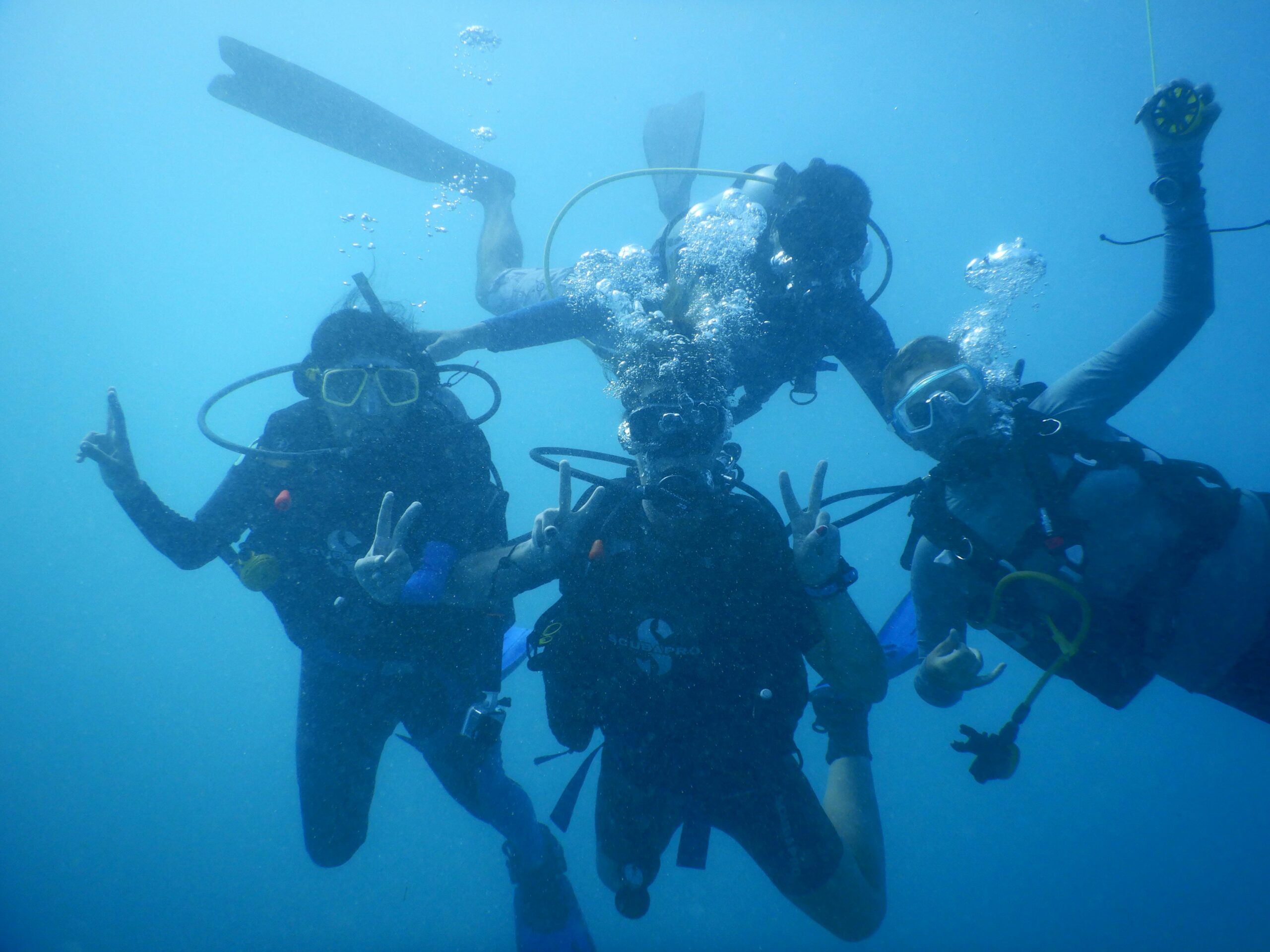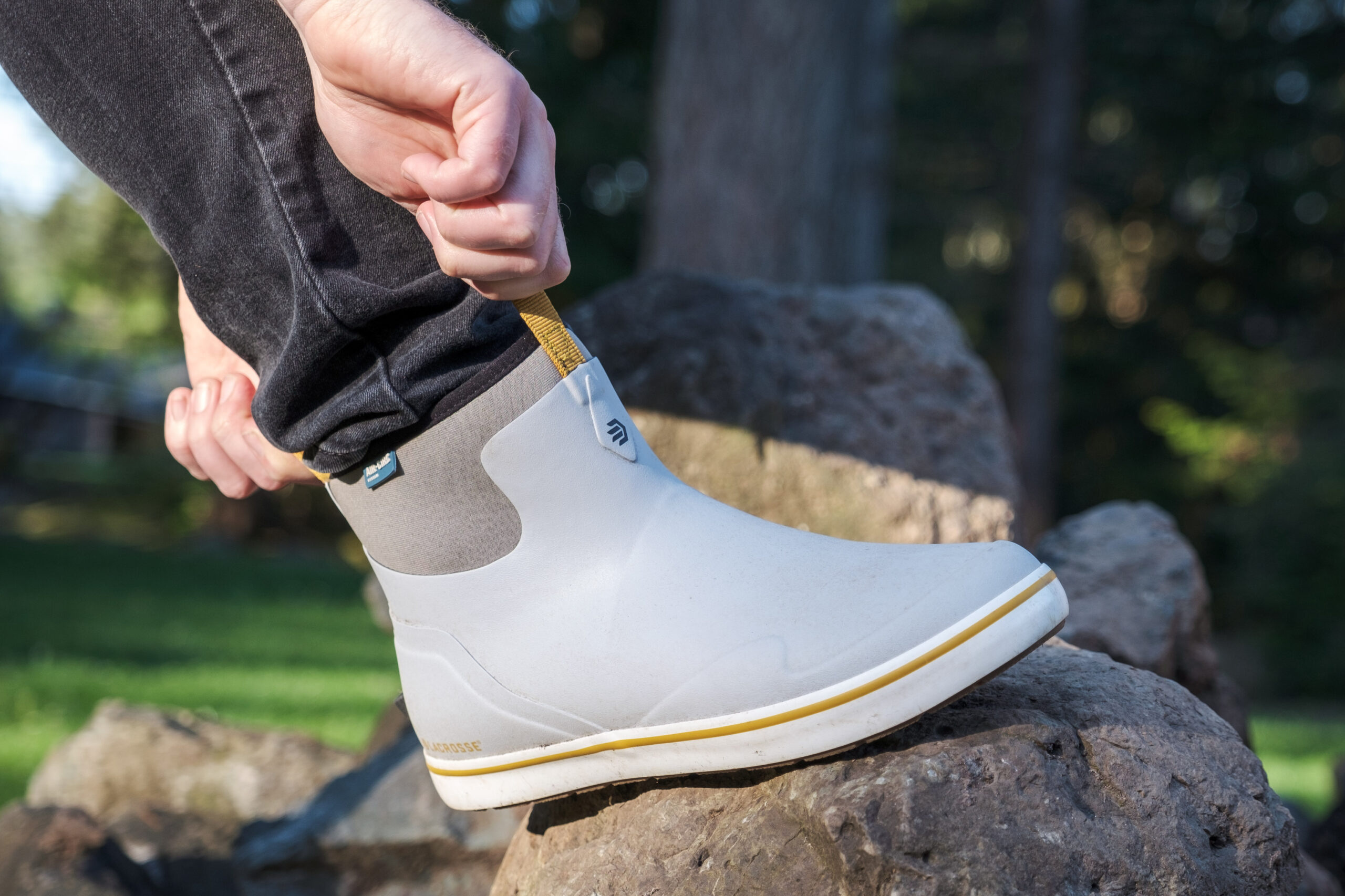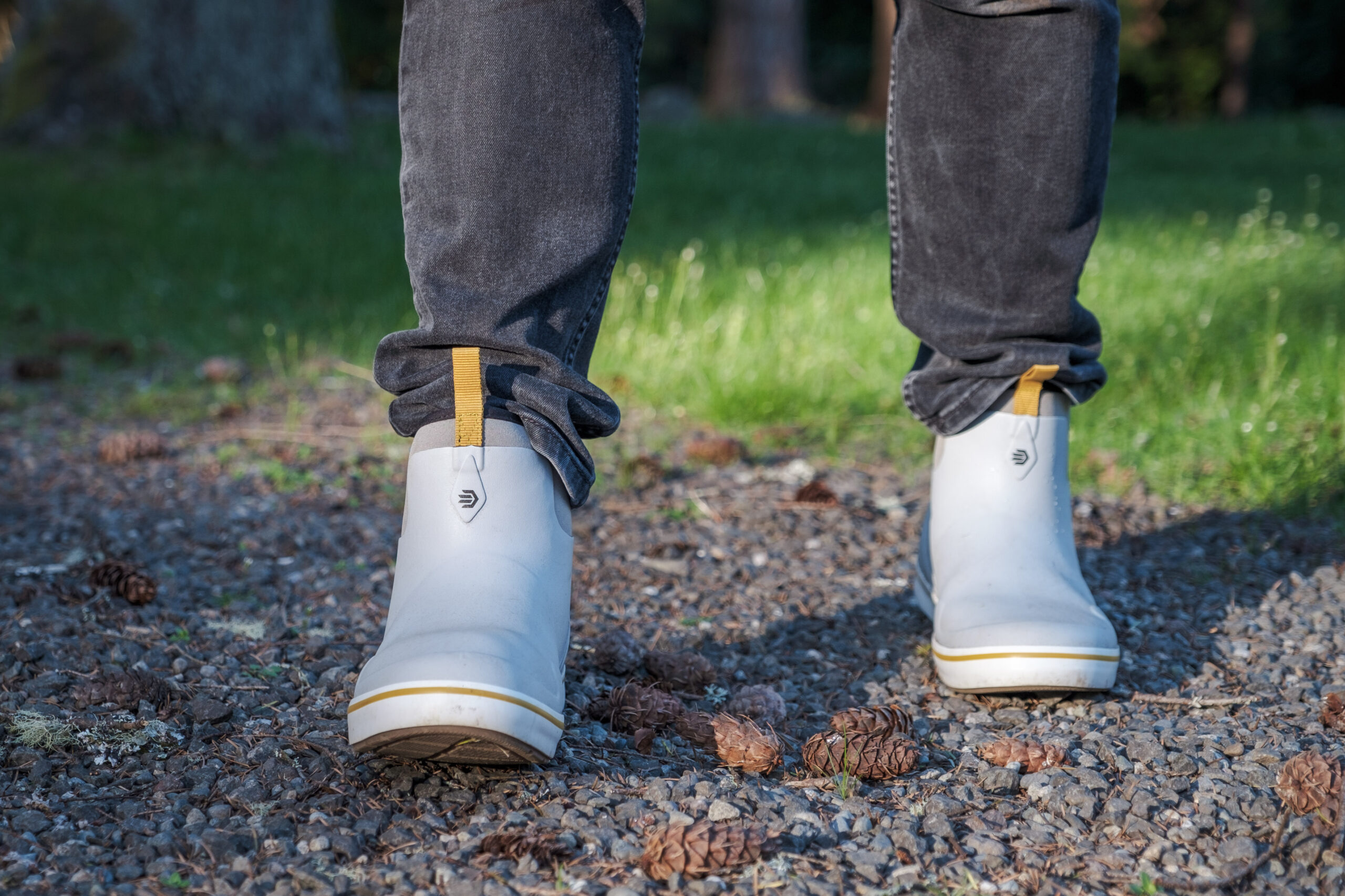Diving is one of the most exhilarating and awe-inspiring activities that allows individuals to experience the undersea world firsthand. Whether it’s the colorful coral reefs, the vast underwater caves, or the mysterious deep sea, diving offers an unparalleled opportunity to connect with nature in its purest form. In this article, we’ll explore everything you need to know about diving, from its benefits to essential tips for beginners, and some of the most popular dive destinations around the world.
The Allure of Diving: What Draws People to the Underwater World
The allure of diving is hard to explain in words. It’s something that must be experienced to truly understand. There’s something deeply peaceful yet thrilling about submerging yourself beneath the surface, leaving the world above behind, and entering a realm of silence and beauty.
One of the primary reasons people are drawn to diving is the unique opportunity to witness the wonders of the underwater world. The ocean is home to a vast array of marine life, from the smallest sea creatures to the largest whales. Diving offers a chance to get up close and personal with these creatures in their natural habitats.
But diving isn’t just about seeing wildlife—it’s also about the sheer physical and mental challenge. The process of descending and navigating underwater requires skill, focus, and calmness. The weightlessness of water and the beauty of submerged landscapes create a sense of freedom unlike any other sport or activity. For many, diving is a form of escapism that helps them reconnect with themselves and the natural world.
Types of Diving: From Leisure to Adventure
There are several different types of diving, each offering a unique experience for divers of all skill levels. Here are some of the most popular types:
1. Scuba Diving
Scuba diving is the most common form of recreational diving, where divers use self-contained underwater breathing apparatus (scuba) to explore the ocean depths. With the aid of a tank, regulators, and other gear, scuba divers can explore deeper and for longer periods compared to free divers.
- Best For: Exploring coral reefs, shipwrecks, and underwater caves.
- Depth: Scuba divers can typically dive to depths of 40 to 130 feet (12 to 40 meters), although advanced divers can reach even deeper areas.
- Key Equipment: Scuba tank, regulator, buoyancy control device (BCD), wetsuit or drysuit, fins, mask, snorkel, dive computer.
2. Free Diving
Free diving is a form of diving without the use of any breathing apparatus. Divers rely solely on their ability to hold their breath while exploring underwater. This style of diving is often used by fishermen, photographers, and those who prefer a more natural connection with the ocean.
- Best For: Shallow dives, underwater photography, and spear fishing.
- Depth: Free divers can typically dive to depths of around 20 to 80 feet (6 to 24 meters), though some expert free divers can reach much deeper levels.
- Key Equipment: Mask, fins, snorkel, wetsuit.
3. Cave Diving
Cave diving is an advanced form of scuba diving in which divers explore underwater caves. This highly specialized type of diving requires special training, as cave systems can be extremely dangerous due to narrow passages, low visibility, and potential air pockets.
- Best For: Exploring uncharted caves, seeking adventure in challenging environments.
- Depth: Depths vary greatly depending on the cave, with some cave systems extending hundreds of feet below the surface.
- Key Equipment: Specialized lights, dual tanks, reel lines, cave diving suits.
4. Wreck Diving
Wreck diving is the exploration of sunken ships, planes, and other structures. This type of diving offers a unique opportunity to witness history firsthand and is often done in areas with many historical wrecks, such as the Great Lakes or the waters off the coast of Bermuda.
- Best For: History buffs, thrill-seekers, photographers.
- Depth: Depending on the wreck, divers may be exploring anywhere from shallow waters to depths of over 200 feet (60 meters).
- Key Equipment: Scuba gear, specialized lights, underwater cameras.
Essential Diving Skills for Beginners
For those new to diving, there are several essential skills that are crucial for safety and enjoyment underwater. Regardless of the type of diving, beginners should always take a certified diving course to learn the basics. Below are some of the most important skills:
1. Equalizing Your Ears
As you descend underwater, the pressure on your body increases. This can cause discomfort or pain in your ears if you don’t properly equalize. The best way to do this is by pinching your nose and gently blowing out, which will help balance the pressure in your ears and sinuses.
2. Buoyancy Control
Learning to control your buoyancy is one of the most important aspects of diving. Buoyancy refers to your ability to stay at the desired depth without constantly swimming up or down. Proper buoyancy control allows you to conserve energy, avoid damaging the environment, and enjoy your dive with ease. This skill is typically achieved by adjusting the amount of air in your buoyancy control device (BCD).
3. Proper Breathing
Breathing slowly and deeply is essential when diving. Panicking or holding your breath can lead to serious accidents, including lung injury due to over-expansion. Practice steady, controlled breaths throughout the dive, and always exhale gently.
4. Understanding Dive Tables and Computers
Dive tables or dive computers help divers track their depth and time underwater to avoid decompression sickness (the bends). It’s important for every diver to understand how long they can stay at certain depths and when to begin ascending slowly to the surface.
5. Emergency Protocols
While diving is generally safe, accidents can still happen. All divers should be trained in basic emergency procedures, including how to respond to a panicking diver, how to perform rescue breaths, and how to safely ascend to the surface in case of an emergency.
Top Dive Destinations Around the World
For avid divers, there are several world-renowned dive spots that offer unparalleled underwater beauty. Here are some of the best places to consider when planning your next diving adventure:
1. The Great Barrier Reef, Australia
The Great Barrier Reef is one of the most famous dive sites in the world, attracting divers from all over the globe. With its stunning coral reefs, diverse marine life, and crystal-clear waters, it offers a once-in-a-lifetime diving experience.
- Best For: Coral reefs, tropical fish, and underwater biodiversity.
- Depth: Various dive sites ranging from shallow coral gardens to deeper drop-offs.
2. Blue Hole, Belize
The Blue Hole is a massive underwater sinkhole that attracts divers seeking adventure and mystery. The site is known for its deep blue waters, impressive stalactites, and a variety of marine life, including sharks and rays.
- Best For: Advanced divers, cave and wreck enthusiasts, and those looking for a unique challenge.
- Depth: Around 400 feet (122 meters) at its deepest point.
3. Raja Ampat, Indonesia
Raja Ampat is one of the most biodiverse diving locations on Earth. Located in the Coral Triangle, it’s known for vibrant coral reefs, pelagic fish, and crystal-clear waters that make it a dream destination for divers.
- Best For: Experienced divers, coral reef ecosystems, and marine life photography.
- Depth: Shallow reef dives and deeper exploratory dives.
4. Galápagos Islands, Ecuador
The Galápagos Islands offer some of the most thrilling diving experiences, where divers can encounter marine iguanas, hammerhead sharks, and sea lions. The currents can be strong, making this a great spot for advanced divers.
- Best For: Large marine life, advanced divers, and underwater photography.
- Depth: Varies from shallow waters to deep ocean dives.
Conclusion: A Life-Changing Adventure
Diving opens up a world of wonder beneath the waves, where exploration and adventure meet. Whether you’re a beginner or a seasoned diver, the ocean offers an endless array of opportunities to witness marine life, uncover underwater treasures, and experience a sense of freedom unlike any other sport.
Remember, diving is not just about the thrill of the dive itself—it’s about the lifestyle that comes with it: respect for the ocean, understanding the importance of conservation, and embracing the unique challenges that the underwater world presents.
So, gear up, take a deep breath, and dive into your next adventure—you never know what amazing underwater world awaits you.











